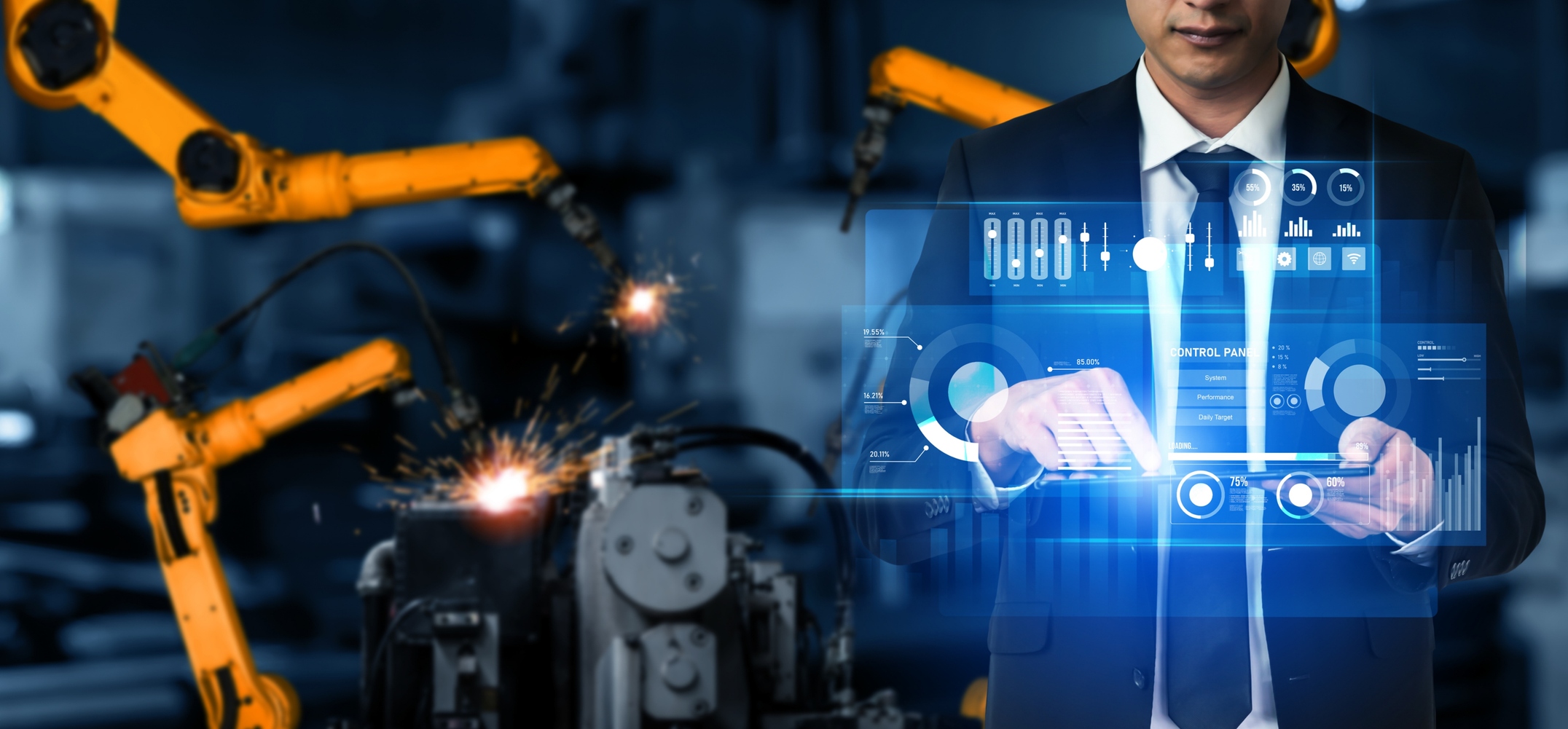
The automotive industry has always been at the forefront of technological advancements. From the first assembly line to the introduction of electric and hybrid vehicles, technology has played a significant role in shaping the automotive industry. Here are some ways in which technology has impacted the automotive industry

Electric and hybrid vehicles are becoming increasingly popular due to their environmental benefits and fuel efficiency. The development of electric and hybrid vehicles has been made possible by advances in battery technology and electric motors. These vehicles are also equipped with various sensors and control systems that improve safety and performance
Autonomous vehicles are vehicles that are capable of driving themselves without human intervention. These vehicles are equipped with various sensors, cameras, and control systems that allow them to navigate roads and avoid obstacles. The development of autonomous vehicles has the potential to revolutionize the automotive industry and improve safety on roads.
Advanced Driver Assistance Systems (ADAS) are systems that assist drivers in operating their vehicles. These systems include features such as lane departure warnings, adaptive cruise control, and automatic emergency braking. ADAS systems are becoming increasingly common in new vehicles and are expected to become standard features in the future.
Connectivity in vehicles refers to the ability of vehicles to communicate with other vehicles, infrastructure, and the internet. Connected vehicles can provide real-time traffic information, weather updates, and other useful information to drivers. Connectivity can also improve vehicle safety by enabling vehicles to communicate with each other and avoid accidents.
3D printing technology has been used in the automotive industry to create prototypes, parts, and tools. 3D printing allows for faster prototyping and customization, as well as the creation of parts that are difficult or impossible to produce using traditional manufacturing methods.
The automotive industry generates vast amounts of data on vehicle performance, driver behavior, and customer preferences. Big data and analytics can be used to analyze this data and identify trends and patterns. This data can be used to improve vehicle design, optimize manufacturing processes, and personalize marketing and sales strategies.
Augmented Reality (AR) technology has been used in the automotive industry to improve the design and manufacturing process. AR can be used to visualize and test vehicle designs, as well as to provide training and support for manufacturing workers.
The Internet of Things (IoT) has been used in the automotive industry to improve vehicle performance and customer experience. IoT devices can be used to monitor vehicle performance, provide real-time maintenance alerts, and enable remote vehicle access and control.
Robotics technology has been used in the automotive industry to improve manufacturing processes and increase efficiency. Robots can be used for tasks such as welding, painting, and assembly, freeing up human workers for more complex tasks.
As vehicles become more connected and autonomous, cybersecurity has become an increasingly important issue in the automotive industry. Vehicle manufacturers are investing in cybersecurity measures to protect vehicles from hacking and cyber attacks.